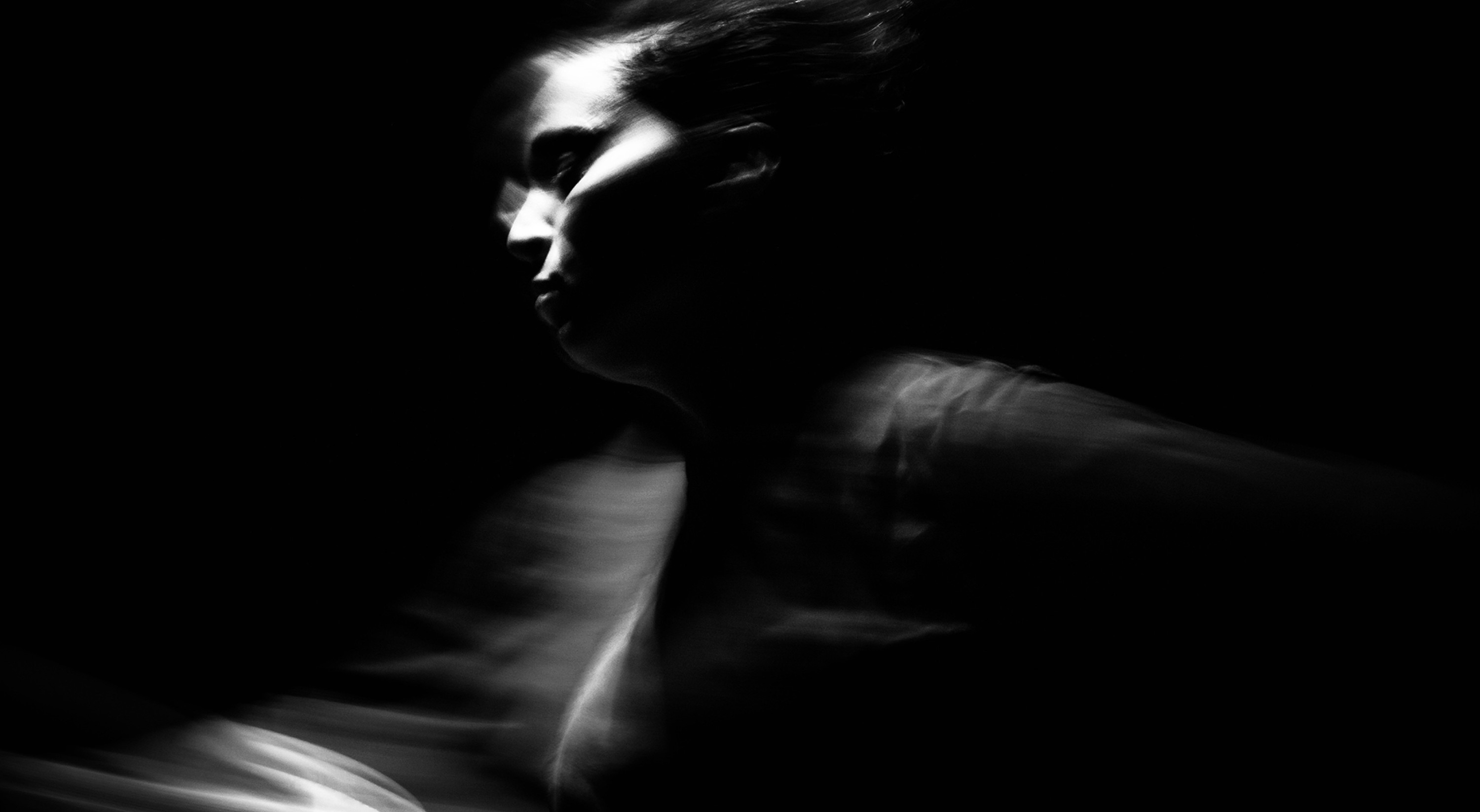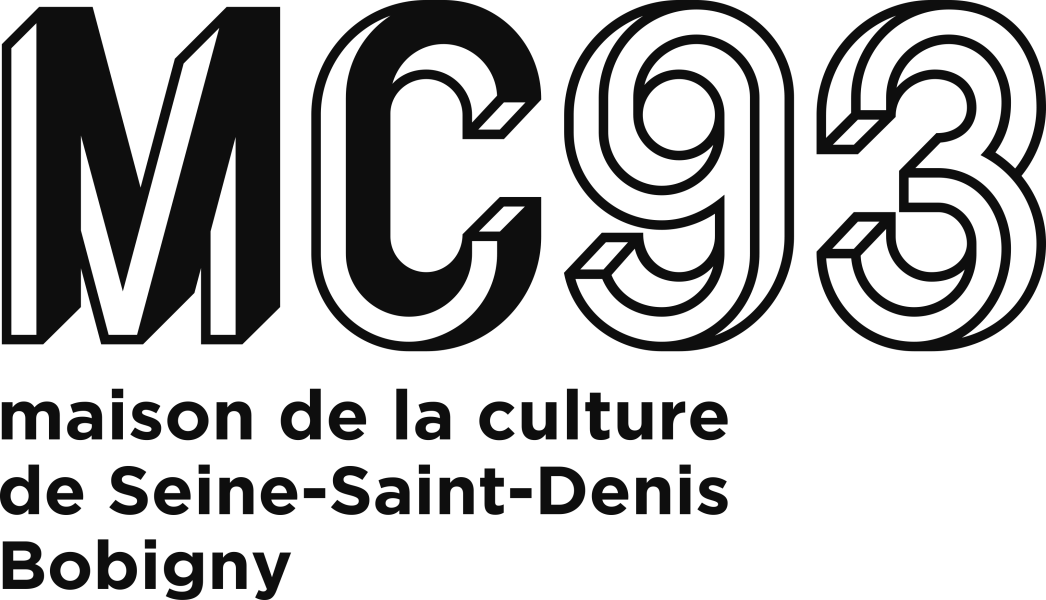Nacera Belaza
L’Onde
maymay 20 – 22
Choreography, lighting and sound design, Nacera Belaza
With Nacera Belaza, Aurélie Berland, Beth Emmerson, Magdalena Hylak, and Mélodie Lasselin
General stage management, Christophe Renaud
Produced by Compagnie Nacera Belaza
Coproduced by Kunstenfestivaldesarts (Brussels) ; Charleroi danse – Centre Chorégraphique de la Fédération Wallonie-Bruxelles ; Le Festival de Marseille ; deSingel campus international des arts (Anvers) ; MC93 – Maison de la Culture de Seine-Saint-Denis (Bobigny) ; ICI – CCN Montpellier – Occitanie / Pyrénées Méditerranée ; and Cité musicale-Metz
In association with MC93 – Maison de la Culture de Seine-Saint-Denis (Bobigny) ; and Festival d’Automne à Paris
With financial support from Région Île-de-France – Aide à la création
With support from Département des Bouches-du-Rhône – Centre départemental de créations en résidence, l’Institut français – Ville de Paris, the SACD as part of its duo programme, and SPEDIDAM
The company benefited from a Fondation LUMA-Arles residency.
The Company is supported by the Direction régionale des affaires culturelles d'Ile-de-France - Ministère de la Culture as part of the Compagnies et ensembles à rayonnement national et international - CERNI programme and the Région Ile-de-France as part of the artistic and cultural permanence. It is supported by the ONDA for its distribution on French territory and by the Institut Français Paris internationally.
Continuing the journey embarked upon in her preceding pieces, Nacera Belaza explores, with L’Onde, the ritual. And raises questions. How can repetition enable us to connect with what is going on inside us and to become at one with everything? Can we espouse infinity? Is it possible to enter into one’s inner self, and to sculpt movement from the inside, in order to further explore the world?
Via repetition, and the fully-inhabited bodies and elongated, pared-down gestures it brings, we are given us to access the inner depths of our very being, the quintessence of vibration. Our very breathing. The vital impulse which transports our very being, and gives it life. And which stirs it into movement, allowing it to project itself outside of its own body and to resonate which what is. In the work of Nacera Belaza, dance does not seek mastery over the body but rather to liberate it through self-knowledge. The experience is an inner one and calls upon us to let go completely, silencing our ego in the process, our mind, and paradoxically for a dancer, to relinquish his or her body. In L’Onde, the Franco-Algerian choreographer immerses herself in the memory and Algerian archives of traditional, ritualistic dances. It is precisely these dance forms which, via repetition, heighten the intensity of both the gesture and sense of self. They oblige the performer to pinpoint exactly where they can draw upon the strength of these unceasingly repeated gestures. And thus to conjugate a finite act with infinity, and to experience the unchanging element that exists within movement. Thus, the latter is no longer simply danced. It transforms itself into a state, that of the fullness of being.
See also
In the same place

